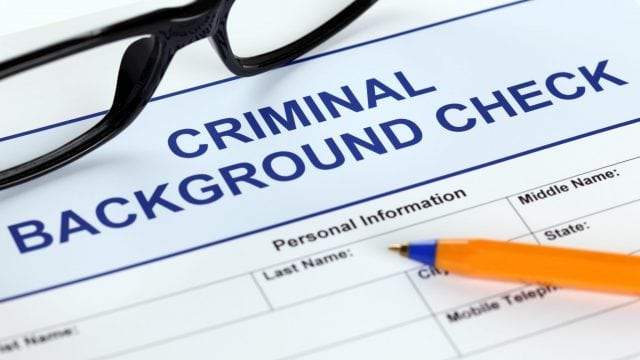In In the Matter of the Petition of L.B. for Expungement of Criminal Records, 369 N.J.Super. 354 (Law Div. 2004), the New Jersey Supreme Court discussed the effect of a pardon on expungement eligibility in New Jersey.
Often times, the New Jersey expungement lawyers at Katherine O’Brien Law are asked by clients: if the Governor of New Jersey grants a pardon to an individual with a conviction that would would otherwise be statutorily barred, can that person obtain an expungement of that conviction? According to In the Matter of the Petition of L.B. for Expungement of Criminal Records, 369 N.J.Super. 354 (Law Div. 2004), the answer is yes.
In that case, L.B. had pled guilty to possession of cocaine with intent to distribute, under N.J.S.A. 2C:35-5(b)(2), a second degree offense, in 1988. She was sentenced to serve two years of probation, which was completed successfully. She went on to live an exemplary, law-abiding life with no further convictions. In June of 1991, L.B. was granted a pardon by Governor Christine Todd Whitman. In 2003, L.B. filed a petition for expungement of her drug distribution conviction.
The Court found that under the law in place at the time, L.B.’s conviction would normally be barred from expungement under N.J.S.A. 2C:52-2(c), which states that first or second degree convictions for distribution of controlled dangerous substances are never eligible for expungement, regardless of their age. This was the State’s sole basis for its objection to the expungement.
However, the Court concluded that a pardon removes all legal punishment for the offense in question. Although the commission of the offense may still affect a person’s life in other ways, a pardon effectively wipes out the existence of the conviction itself. Thus, because L.B.’s ineligibility was based solely on the existence of her conviction, the Court determined that the pardon “dissolved the legal disability arising from the conviction,” and granted her petition for expungement.
As one might expect, offenses that are statutorily barred from being eligible for expungement under N.J.S.A. 2C:52-2(b) are serious crimes that include criminal homicide, sexual assault, and terrorism, to name a few. However, some other, lesser-degree offenses are also barred such as:
Criminal Restraint/False Imprisonment
Arson and related offenses
Crimes committed by public officials/employees
Distribution of controlled dangerous substances
If you have been convicted of one of these types of offenses in New Jersey, and you are able secure a gubernatorial pardon, you may be able to avoid criminal penalties such as incarceration, probation, and fines. However, other after-effects of your conviction, such as inability to obtain employment, rejection of rental applications, and denial of participation in volunteer work and coaching, may not be changed by a pardon.
This is because while a pardon serves to remove the petitioner’s legal disabilities arising from the conviction and all rights of citizenship, it does not completely erase the fact that the offense occurred; it is only meant to forgive a crime. In order for the offense to no longer show up on a background check, the petitioner must also expunge the offense. According to L.B., however, the pardon of a conviction that statutorily bars a person from being eligible for expungement will allow them to successfully petition for expungement.
If you have been granted a pardon of your New Jersey criminal conviction, contact Katherine O’Brien Law today to discuss the potential expungement of the your underlying conviction, and take the last step in reclaiming control of not just your criminal history, but of your present quality of life and future. Call us today at (856) 832-2482 for a free consultation.







